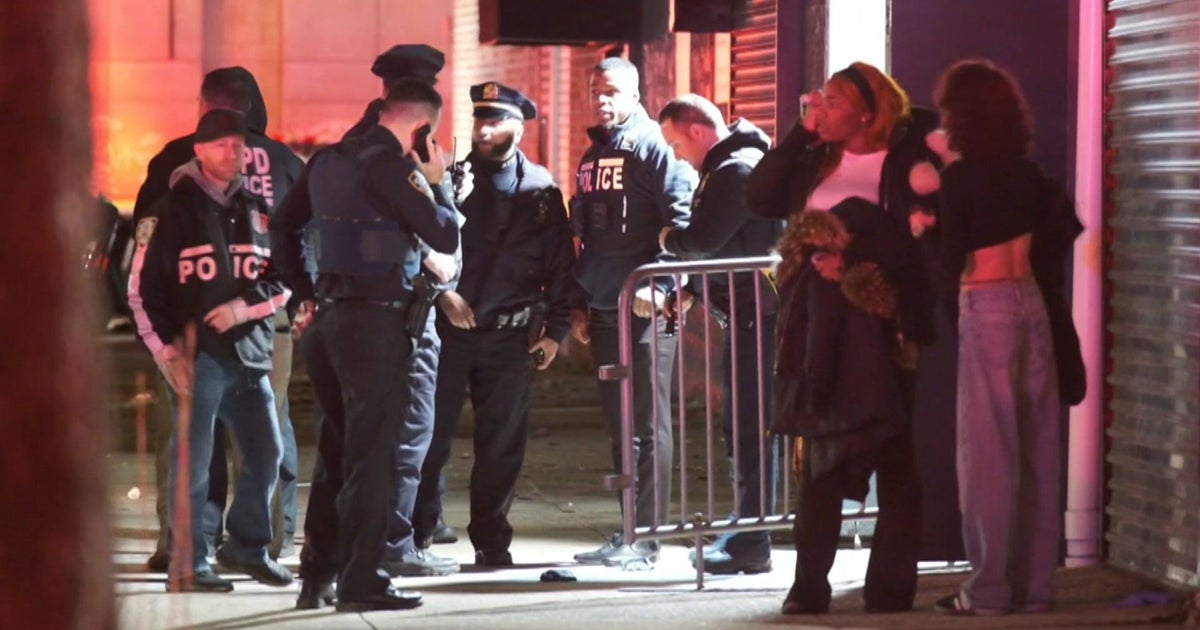Pro-abortion advocates express concern over what overturning Roe v. Wade will do to lower-income communities
NEW YORK -- The leaked Supreme Court draft opinion is reigniting the conversation over abortion equity in this country.
Many pro-abortion advocates say if abortions become illegal in some states, it will disproportionately impact minority women and those from lower-income communities.
On Wednesday, CBS2's Jessica Moore spoke with local doctors and advocates about their concerns.
Dr. Emily Women's Health Center in the Bronx serves roughly 200 women every week.
"Across the board, patients getting in to obtain services they need is hard and to add another layer of political flavor to the whole thing makes a complicated situation even more complicated," Dr. Vivian Ronston said.
READ MORE: Tri-State leaders react to leaked draft opinion indicating SCOTUS may overturn Roe v. Wade
If Roe v. Wade is overturned, 26 states are poised to outlaw abortion or weaken access.
New York, New Jersey and Connecticut are among 16 states going in the other direction, with laws designed to protect abortion rights.
"Women who can afford it will travel to get safe reproductive care, but women who can't afford it will have little to no choice but to bear children that they aren't prepared to have or turn to unsafe procedures and risk their lives and even jail in some states," said Laura Esquivel of the Hispanic Federation.
Esquivel said overturning Roe won't stop abortions, but it will make it extremely difficult for many women to get one.
"If Roe v. Wade is overturned it will force Latinas, women of color, and LGBTQ members that live in half of the states into the hands of untrained people who will use dangerous methods to induce abortions," Esquivel said. "It hits every woman. It is like a nightmare."
Esquivel fears this marks a trend that will further alienate minority and low-income women.
The federation is one of several national advocacy groups demanding Congress pass a federal law making abortion legal in all 50 states.
"This battle is going to be taken to the states, so we need some legislation that would prevent the states from criminalizing women and health care providers," Esquivel said.
People across the country have vowed to leave states that outlaw abortion, which Dr. Ruth Shaber says will cause huge financial strain.
"It's not just an economic issue for those women and their families, but a huge economic issue for the states as well, being able to attract the kind of companies that have strong female workforces. Instead, in many states the economy is going to shrink, not only because workforce is leaving, but because they can't attract the kind of companies that contribute to a growing economy," Shaber said.
"I'm seeing even in the last 20-25 years women becoming more aware, more education, and I don't want to see that lost," Ronston said.
Ronston said she has already had patients come to her clinic from Texas, and fears if Roe is overturned, she'll see a greater influx of women who cannot afford the price of health care equality.




